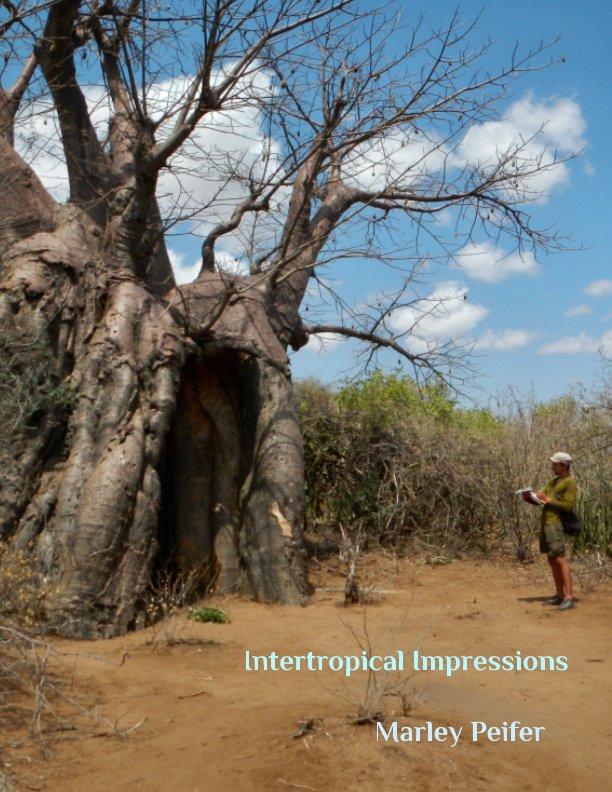One of the “meta” topics that I’m most interested in is learning. Learning about new subjects and learning new skills is great but learning how to learn is even better. If you know how to learn in a more effective way you can apply this skill to the learning of any new material. This provides flexibility and adaptability that are increasingly important in the modern world. When the future is uncertain and overwhelmingly complex it is hard to know what skills and subject matters are most important to learn. Will it be more useful for me to study small scale food production, wilderness survival, conflict-resolution, or self-defense? Or would I be better off focusing all my energy on the narrow subject matter of a particular career? In unpredictable and rapidly-changing times one thing is certain: being good at learning itself is a major advantage.
A look at human history and prehistory shows that the ability to adapt to new and rapidly changing conditions is one of the hallmarks of our species. It is likely that much of our biological hardware and cultural software arose to deal with the difficulties of an unpredictable environment and novel challenges. There are many debatable things about human evolution and human nature. However, one thing that is apparent is that we are born to learn.
If we are innately so good at learning how come we often find learning new things difficult, especially as we get older? Unfortunately, our culture, that all-powerful tool, often dictates to us what is possible and not possible. Recent neuroscience continues to show us the incredible feats of plasticity, connection, and memorization that the brain is capable of. Many popular beliefs and cultural assumptions about the limits of the brain have been totally blown out of the water. “An old dog can’t learn new tricks” is a good example of a cultural meme that is not based on brain science and can influence our capabilities. Luckily, we do not have the brains of dogs, and we are indeed capable of learning new tricks, new languages, and other new skills as we age. The burgeoning field of neuroplasticity continues to find evidence that the brain’s ability to learn and adapt is far greater than previously assumed.
I will be writing several entries about learning since it is one of the great meta-topics under which all of my other interests fall. I will get more into specific techniques for improved learning while delving into particular topics of study and also philosophizing about learning and knowledge in general. I will tie in current research in cognitive science because we are in the golden age of brain research. Everyone with a brain should be interested.
Save

